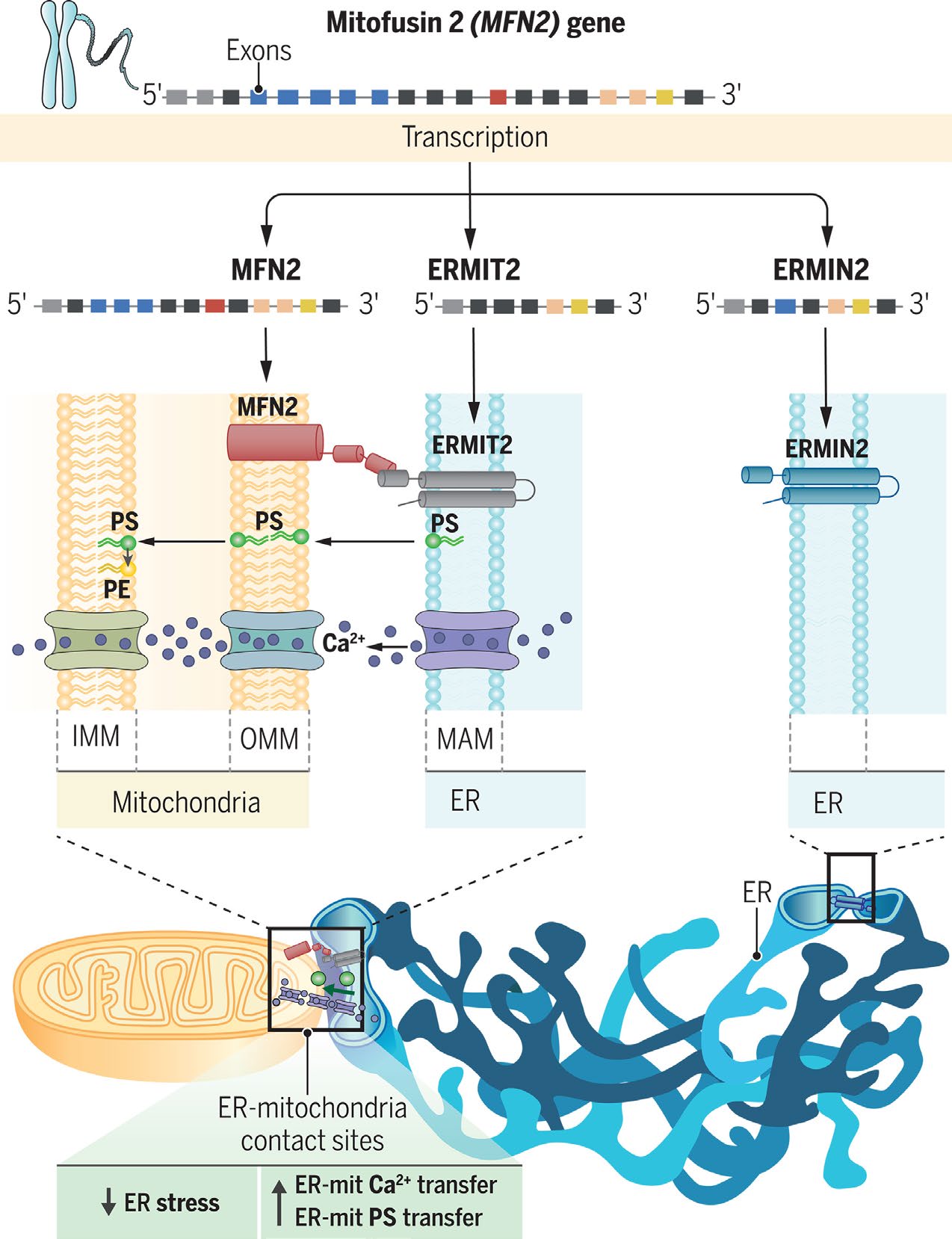
VariantX – Potential novel gene therapy for ER-stress-related rare liver disorders
Advantages
- Once validated for one indication, it could be expanded to additional pathologies with ER-stress as a major hallmark.
- This technology may be used alone or in combination with other therapies.
- Treatment with these variants do not show the deleterious effects observed with the full gene.
Goal
The group is looking for collaborators to develop AAV and out-licensing opportunities.
Intellectual Property
PCT patent application filed on June 20, 2024.
Reference
UBTT0493-E
Contact
IRB Barcelona:
Alba Olivares: alba.olivares@irbbarcelona.org
University of Barcelona:
Inma Íñiguez: iiniguez@fbg.ub.edu
More info: Naonet al. Science 2023
VariantX – Potential novel gene therapy for ER-stress-related rare liver disorders
Introduction
Endoplasmic Reticulum stress plays a key role in the development of a broad number of diseases of different etiologies with genetic and metabolic origins: diabetes, cardiovascular, cancer, aging, neurodegenerative diseases. The effective resolution or amelioration of ER-stress holds significant potential as a single or combined therapy for rare diseases lacking an efficient treatment. This technology has been validated in human in vitro models and in vivo mouse model.
The problem
- ER-stress is a common hallmark of a broad range of diseases without effective therapeutic solution.
- Liver is one of the most affected organs by ER stress.
- AATD (Alpha-1 antitrypsin deficiency) disease is a genetic disease with limited therapeutic options.
- WD gene replacement requires a boost to tackle the liver ER-stress in patients.
The solution
- We have identified the therapeutic potential of variants of the Mitofusin 2 (MFN2) gene to restore the normal ER homeostasis.
- We propose VariantX, a novel monogenic gene therapy based on these MFN2 variants with a primary focus on Wilson Disease and AATD Disease. Other potential indications: NAFLD, NASH, Acute kidney injury, renal fibrosis.
Current stage of development
The therapeutic potential of VariantX has been validated in human in vitro models and murine in vivo models of liver disease.

